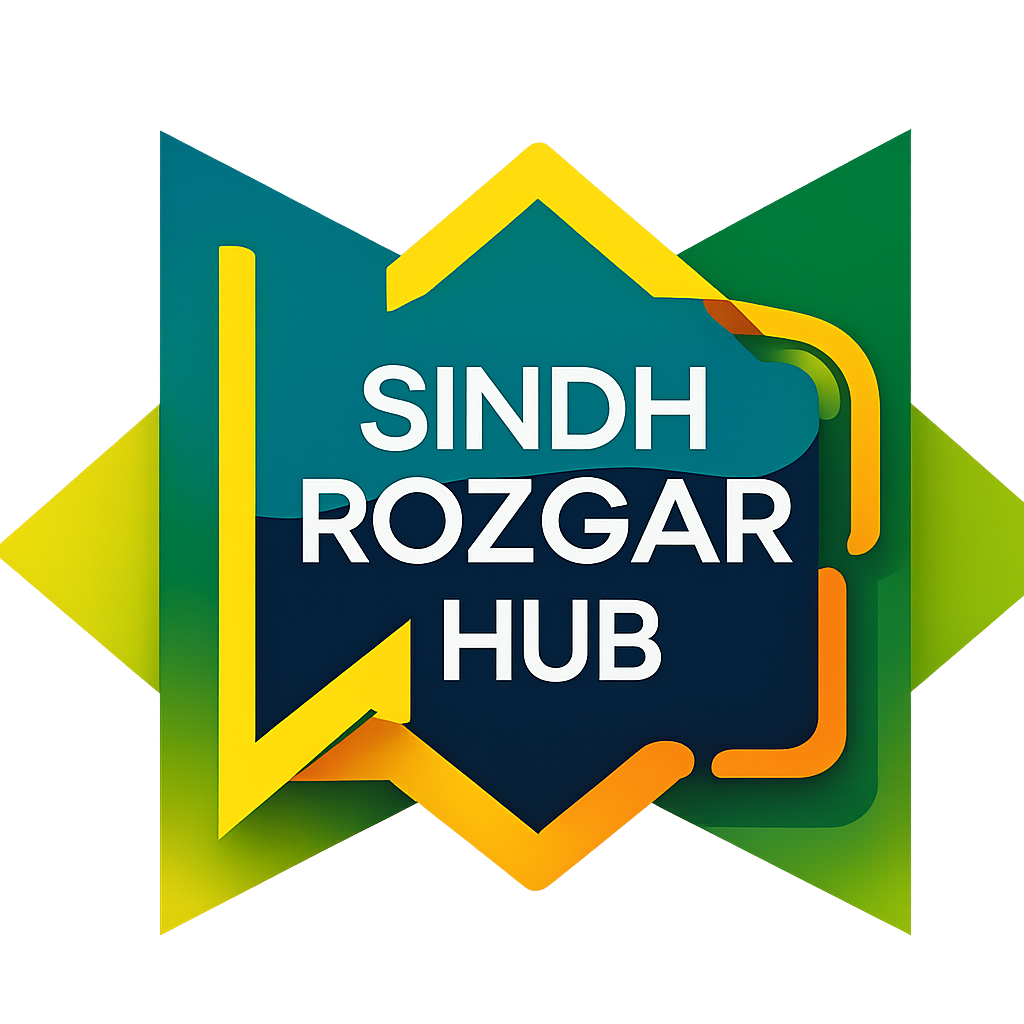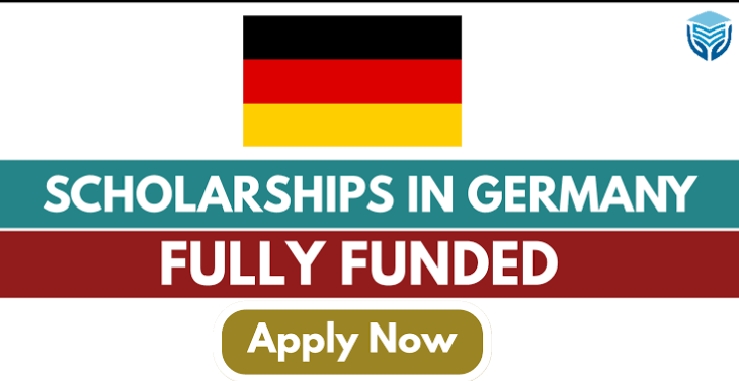Study in Germany with Fully Funded Scholarships 2025–26 — Complete Guide

Short summary: Germany remains one of the best destinations for international students seeking high-quality, affordable and research-focused higher education. This guide walks you through the most important fully funded or generously funded scholarship paths for the 2025–26 intake—DAAD programs, Erasmus Mundus Joint Master’s, foundation scholarships (e.g., Heinrich Böll), Deutschlandstipendium, fully-funded PhD positions, and university fellowships. You’ll get eligibility checklists, document templates, step-by-step application guidance, suggested timelines, and practical tips to boost your chances.
Why choose Germany for higher study?
Germany offers world-class universities, strong industry-academia links, a rich research environment, and many programs taught in English—especially at the Master’s and PhD level. Many public universities charge no tuition for Bachelor’s and many Master’s programmes. Additionally, scholarship schemes and funded research posts make it possible for international students to study with minimal personal cost.
Top fully funded / high-value scholarship routes (2025–26)
Here are the primary funding routes you should explore. Each route has different application processes and eligibility rules, so read the official calls carefully.
1. DAAD Scholarships (German Academic Exchange Service)
DAAD is Germany’s main funding body for international academic exchange. DAAD funds individual Master’s scholarships, research grants, PhD funding, and short-term research visits. DAAD scholarships typically include a monthly stipend, travel allowance, health insurance or contributions, and sometimes a research allowance. DAAD’s database allows you to filter by subject, level and country — start there when searching for formal scholarships aligned to your field.
2. Erasmus Mundus Joint Master’s (EMJM)
Erasmus Mundus Joint Master’s programs are consortium-based Master’s degrees offered by multiple European universities. Selected students receive Erasmus Mundus scholarships covering tuition, living costs, and travel to partner countries involved in the programme. Many EMJMs include a German university partner—these are especially valuable because they combine mobility, a strong brand, and full scholarship packages for top-ranked candidates.
3. Foundation scholarships (e.g., Heinrich Böll, Konrad-Adenauer, Friedrich-Ebert)
German political and private foundations offer scholarships for international students based on merit, leadership, civic engagement or subject alignment. Heinrich Böll Foundation, Konrad-Adenauer-Stiftung, and Friedrich-Ebert-Stiftung are examples—each has unique selection criteria (e.g., social/political engagement, values alignment). These scholarships often include monthly stipends, research allowances, and networking opportunities.
4. Deutschlandstipendium
The Deutschlandstipendium is a national scholarship program co-funded by government and private sponsors and awarded through universities. It is merit-based and supplies monthly financial support. While not always fully covering all costs by itself, it can be combined with other funding and is a mark of merit on your CV.
5. University-funded scholarships & research/PhD positions
Many German universities advertise fully-funded PhD positions, research assistant roles, or project-specific fellowships. These are often paid positions (employment contracts) that include a salary and social benefits. Search university job portals and departmental pages for advertised PhD openings and funded research projects in your field.
What “fully funded” typically includes
- Tuition fee waiver (if applicable).
- Monthly stipend or salary sufficient to cover living costs.
- Health insurance support or advice to enroll in statutory/private insurance.
- Travel allowance or one-time relocation support.
- Research allowances for lab costs or conference travel (for some grants).
Who is eligible? (General rules)
Eligibility depends on the scheme. Typical requirements include:
- Academic qualifications appropriate to the level (high school for BSc, bachelor’s for MSc, master’s for PhD).
- Strong academic record (GPA/transcript evaluations matter).
- Language proficiency — English (IELTS / TOEFL) or German (TestDaF / DSH / Goethe) depending on the programme language.
- Research potential and motivation for PhD candidates (often a supervisor’s support is needed).
- For foundation scholarships, evidence of social engagement, leadership, or alignment with foundation values may be required.
Required documents — checklist
Prepare these common documents in advance (get certified translations if needed):
- Current passport copy
- Academic transcripts and degree certificates (official & translated)
- Curriculum Vitae (academic-style, chronological or reverse-chronological)
- Statement of Purpose (SOP) or motivation letter tailored to each scholarship/program
- Research proposal (for PhD and some specialized Master’s scholarships)
- Recommendation letters (2–3 academic references)
- Language test certificates (IELTS/TOEFL or TestDaF/DSH)
- Additional documents requested by a particular scholarship (e.g., proof of civic engagement for foundation grants)
Step-by-step application process (best practice)
- Choose target programmes and scholarships: shortlist 3–6 options (DAAD, EMJM, foundations, university-funded PhD positions).
- Check deadlines: record programme & scholarship deadlines in a calendar; many EMJM deadlines are earlier than university general admission windows.
- Prepare documents: request transcripts and reference letters at least 6–8 weeks early; translate and notarize if required.
- Draft & tailor SOP / research proposal: emphasize fit with the programme, mention faculty/supervisors you want to work with, and show how the scholarship will enable your goals.
- Submit applications: apply to the programme and scholarship as instructed (some scholarships require separate portals, others accept university application).
- Follow up: track application status and prepare for possible interviews or additional evaluations.
Typical deadlines for the 2025–26 intake
Deadlines vary by programme and funding body. Here are general windows to watch:
- Erasmus Mundus: Many EMJM programs have application windows between November and April for intake the following academic year.
- DAAD: DAAD scholarship calls appear throughout the year; some Master’s calls close a few months before semester start — check DAAD’s portal early.
- University PhD positions: advertised year-round; some have fixed closing dates while others accept rolling applications.
- Deutschlandstipendium: varies by university—often aligned with semester admission cycles (summer/autumn).
Important: Always confirm dates on the official programme/foundation/university page.
Comparison table — at-a-glance
| Scholarship | Best for | Typical Coverage | Where to apply |
|---|---|---|---|
| DAAD | Masters, PhD, research stays | Monthly stipend, travel allowance, insurance contributions | DAAD Scholarship Database / University portal |
| Erasmus Mundus (EMJM) | Joint Master’s (multi-country) | Tuition, living allowance, travel | EMJM programme website / EU portal |
| Heinrich Böll / Foundations | Masters, PhD (selected fields) | Monthly stipend, allowances, network support | Foundation website |
| Deutschlandstipendium | Meritorious undergrad & grad students | Monthly stipend (often partial support) | University scholarship office |
| University PhD positions | PhD candidates (research posts) | Salary + social benefits | University job & department pages |
Application tips & success strategies
- Start early: give referees time and collect official transcripts in advance.
- Tailor documents: write a programme-specific SOP and, for PhD, a clear research proposal with methodology and expected contributions.
- Find a supervisor: for PhD roles, contact potential supervisors with a concise pitch and your CV before applying.
- Show impact: emphasize how the scholarship will help you deliver impact in your field or community—foundations often value social engagement.
- Quality over quantity: apply to a targeted set of programmes with well-prepared applications rather than many half-ready ones.
- Polish interview skills: prepare for potential Skype/Teams interviews and be ready to discuss motivation, background, and research ideas.
Living & studying in Germany — practical notes
Germany offers an excellent quality of life but costs vary by city—Munich and Hamburg are more expensive than many mid-sized university towns. Budget for accommodation deposits, semester fees (covers public transport, student services), and monthly living costs (food, transport, utilities). Make sure you arrange health insurance before arrival (statutory or private depending on status), and check visa and residence permit requirements at the German embassy/consulate in your country.
Useful official resources & links
- DAAD — German Academic Exchange Service
- Erasmus Mundus Joint Masters (EU)
- Heinrich Böll Foundation (Scholarships)
- Deutschlandstipendium (Overview)
- University portals & departmental job pages (search for funded PhD posts)
Frequently Asked Questions (FAQ)
Can I study in Germany entirely in English?
Yes. Many Master’s programmes and many PhD programs (especially in STEM and economics) are offered in English. Always check programme language and language requirements.
Do I need a German visa if I get a scholarship?
Yes. Non-EU students need a student visa or a national visa that allows study. Scholarship award letters and university admission letters are essential for visa applications.
Are there scholarships for undergraduate international students?
Undergraduate scholarships are less common but possible via foundations or specific university programmes. Many students pursue undergraduate study at public universities with low/no tuition and seek local scholarships like Deutschlandstipendium.
How long does the application review take?
It depends: EMJM and DAAD have clear selection timelines (a few weeks to months). PhD positions can take longer while foundation selections often include multiple rounds. Apply early and track communications.
Conclusion — final checklist before you submit
Before hitting submit, ensure:
- Your CV is tailored and proofread.
- Your SOP/research proposal clearly explains fit and impact.
- Your referees know the deadlines and have submitted letters on time.
- All documents are in required formats (PDF preferred) and translations are certified where needed.
- You’ve checked visa timelines and plan time for consulate processing after acceptance.
Germany offers world-class opportunities for international students through scholarships, funded research posts, and university support. With good planning, strong documents and targeted applications, you can maximize your chances of winning a fully funded scholarship for the 2025–26 intake. Good luck — and if you want, I can now:
- Draft a custom SOP and Research Proposal template for DAAD or Erasmus Mundus applications,
- Prepare a timeline & checklist specifically for your field (engineering, CS, public policy, etc.), or
- Search and list specific open calls (EMJM programmes with German partners, DAAD calls, university PhD openings) for your chosen field.
Related posts (internal links)
- King Abdulaziz University Scholarship 2025 (Saudi Arabia)
- Erasmus Mundus Scholarships — Full Guide
- DAAD Scholarships — How to Apply
- Statement of Purpose Samples & Templates
“`0

